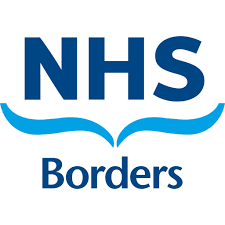Febrile (temp <36 ͦC or >38 ͦC) or (37.5 ͦC-38 ͦC & generally unwell)
Neutropenia (with a neutrophil count <1x109/L)
Assume neutrophil count is low if recent treatment with chemotherapy agents (i.e within preceding 3-4 weeks)
If afebrile, consider if other signs of sepsis are present, and recent use of antipyretics or steroid therapy.
If Neutrophils >1, consider whether immunocompromised – such as recent stem cell transplant, high dose steroids, immunosuppression drugs or a haematology malignancy
![]()
Initial Management (within 1 hour to meet Sepsis 6)
- Observations– Temp,BP,HR,RR,SpO2& NEWS Score – Within 15 mins. Check for any new confusion
- Cannulate (if no central access) and take bloods – FBC, U+E, LFTs, Calcium, Magnesium, lactate, Albumin, Glucose, CRP, Coag and Blood cultures (peripheral and central (if have a line or portacath)). This can be done before medical review.
- Give oxygen to target O2 saturation > 94% (NB COPD 88-92%)
- Administer stat IV antibiotics within 1 hour First doses can be given on basis of last known eGFR . Do not give gentamicin to patients who have been given cisplatin. Discuss with on call Haematologist /Oncologist
- Do not wait for blood results to assess neutropenia before starting antibiotics.
- Give IV fluid (Give 250-500ml Plasmalyte PL148 over 5-15 minutes and reassess)
- Ensure passing urine – consider catheterisation to monitor output and commence accurate fluid charting.
Patients can deteriorate rapidly – If NEWS ≥5 or 3 in one parameter: Medical review (FY2 or above and Outreach Team) required within 20 mins. If initial management cannot be completed within 1 hour, it is the responsibility of the FY1/2 contacted to seek support. Nursing staff should escalate above FY1/2 if no medic available within timelines or unhappy with medical management planned.
Escalate to the On Call SpR (Ask for on-call registrar via switch) or On Call Consultant if required.


